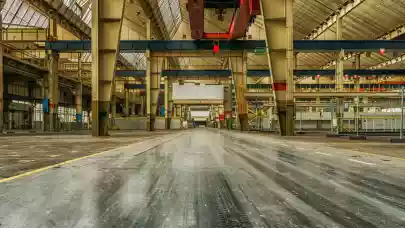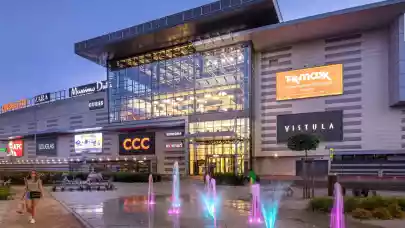
In a thought-provoking panel discussion exploring the future of real estate and urban development, industry leaders gathered to dissect the potential transformations awaiting the built environment by 2050. The conversation at Future of Real Estate 2025, organised by Property Forum in Warsaw, revealed a complex landscape of technological disruption, demographic shifts, and evolving urban challenges.
Csanád Csürös, moderating the panel, set the tone by challenging participants to look beyond conventional thinking. "We're looking at a long-term outlook," he noted, "examining the most significant drivers of change - whether it's technology, climate policy, or demographic shifts."
Aleksandra Mazzini from Balmain Group offered a nuanced perspective on the region's development trajectory. "In the last 25 years, Central and Eastern Europe has been primarily about building and satisfying demand," she explained. "The next 25 years will be fundamentally different - we'll focus more on quality, sustainability, and creating liveable spaces where people genuinely want to spend their time."
Technology emerged as a critical disruptive force, with Tom Ogrodzki from REDD Group emphasising the industry's need to adapt. "Real estate remains an old-world industry that doesn't scale easily," he observed. "In technology, ten years feels like fifty years - and this technological pressure will be one of the most important drivers of change in the next quarter-century."
Demographic challenges took centre stage, with Jacek Zengteler from Yareal Polska highlighting the critical role of population dynamics. "Demographics will impact how we live, whether we like it or not," he stated. "In Warsaw alone, we estimate we need about 200,000 residential units to elevate living standards to modern world benchmarks."



